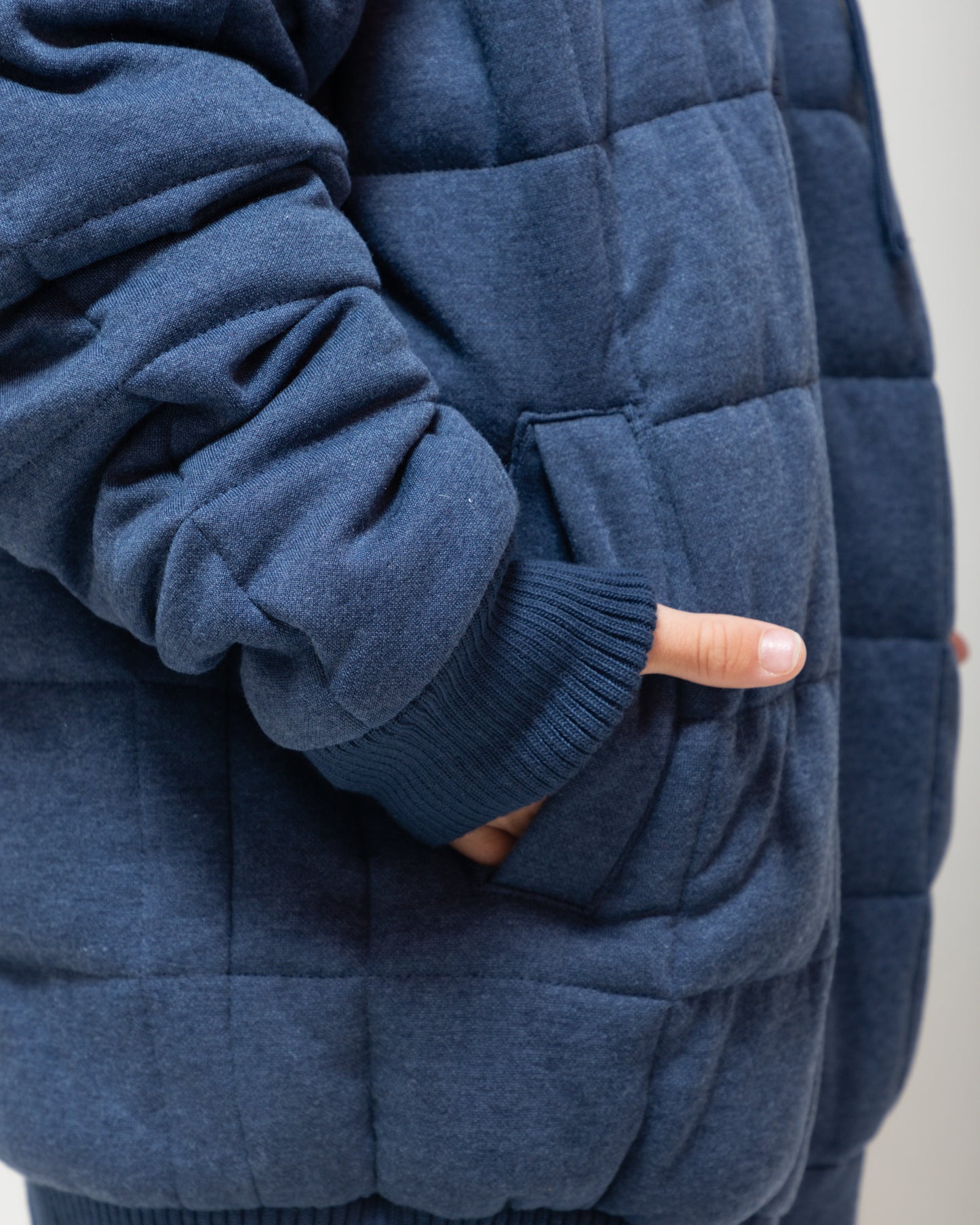
If you ever feel guilty about prioritizing yourself while practicing self-care, remember these few things:
- Self-care benefits you and the other people in your life
- Self-care is done with the intention of caring for yourself
- Self-care builds strength
"Self-care”. It seems to be a very popular “buzz” word these days, especially with today’s stressful and anxiety-driven society. Whether you’re still dealing with the negative impacts associated with the COVID-19 pandemic, applying to colleges that are now more selective than ever, or transitioning back to online classes due to the damage done by hurricane Ida, we all have our stressors in life. Having stressors is normal, but you must know how to deal with them properly. Practicing self-care is an extremely useful technique when trying to compose your feelings and emotions.
If anyone has ever told you that practicing self-care is selfish, then that person does not know the true meaning of self-care. Focusing on your own emotional, physical, and mental needs is a priority at times, and it does not take away from others. This is because self-care is about taking care of yourself and your own feelings, so that you don’t project them onto other people. Self-care also allows you to take time to fulfill your potential, discover your purpose, and experience joy. Self-care is not having a “me” mentality, but it allows you to consider your own needs in relation to the needs of others.
If you ever feel guilty about prioritizing yourself while practicing self-care, remember these few things:
1. Self-care benefits you and the other people in your life
Self-care enables you to be a better person in all of your active relationships, whether means you’ll be a better wife, husband, friend, daughter, son, cousin, boss, etc. Self-care is a progressional process, meaning you get better at it as time goes on. Being in touch with your own feelings and emotions gives you the ability to show deeper empathy and emotions towards your loved ones. Being able to fill your own emotional and mental needs also allows you to give more to the people that you love and care for. Making yourself a priority allows you to be available to the priorities of those that matter the most to you. Even before having difficult conversations, practicing self-care is a great technique to get grounded and allow you to be a better listener while considering the other person’s perspective.
2. Self-care is done with the intention of caring for yourself
Being selfish means that there is a desire to take from others. On the contrary, self-care is about renewing your own resources without taking from someone else’s. Self-care is a means of restoring your own energy and emotions, which enables a healthy physical, mental, and emotional well-being. In doing this for yourself, you are also encouraging healthy behavior for others. Being in touch with your own emotional state and embracing your feelings is one of the healthiest things you can do for yourself and the people surrounding you.
3. Self-care builds strength
Self-care has a lot to do with setting boundaries for yourself so you don’t exert all of your energy taking care of everyone except yourself. If you are constantly focusing on other people, you may now find the small things you once loved doing now to feel like a chore or a burden. When you start to feel this way, it is important to remember that you must give yourself permission to take the time you need for yourself. When you begin to make yourself a priority, and not feel bad about it, you will feel more secure in yourself and your feelings. While taking care of yourself, you are also taking care of others.
So the next time you think that your friends or family will be upset with you if you decide to do a face mask, watch a movie, or read a book instead of doing something with them, remember that they will understand that you are taking care of yourself, and in doing so, you will be able to help them take care of themselves.








